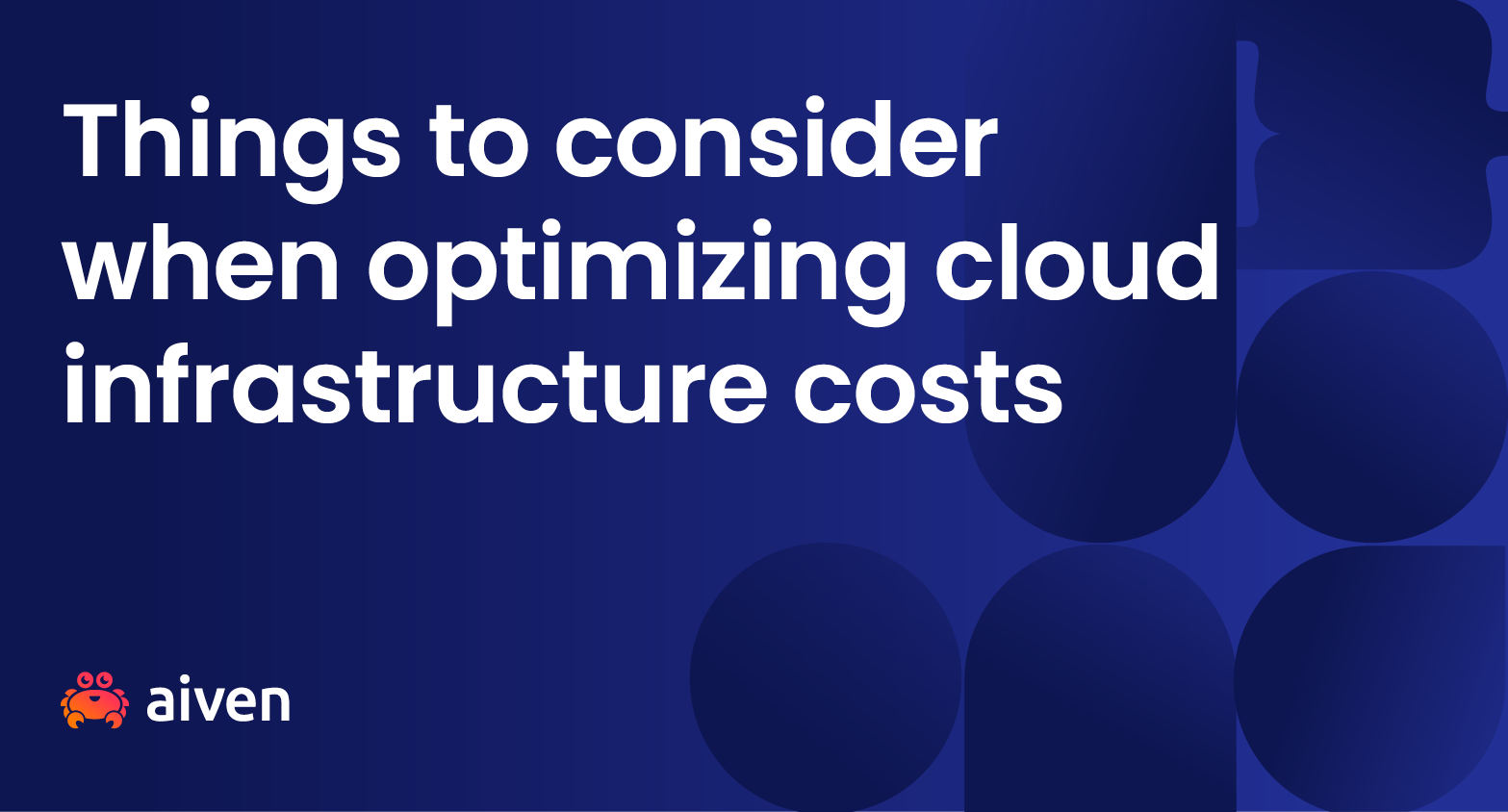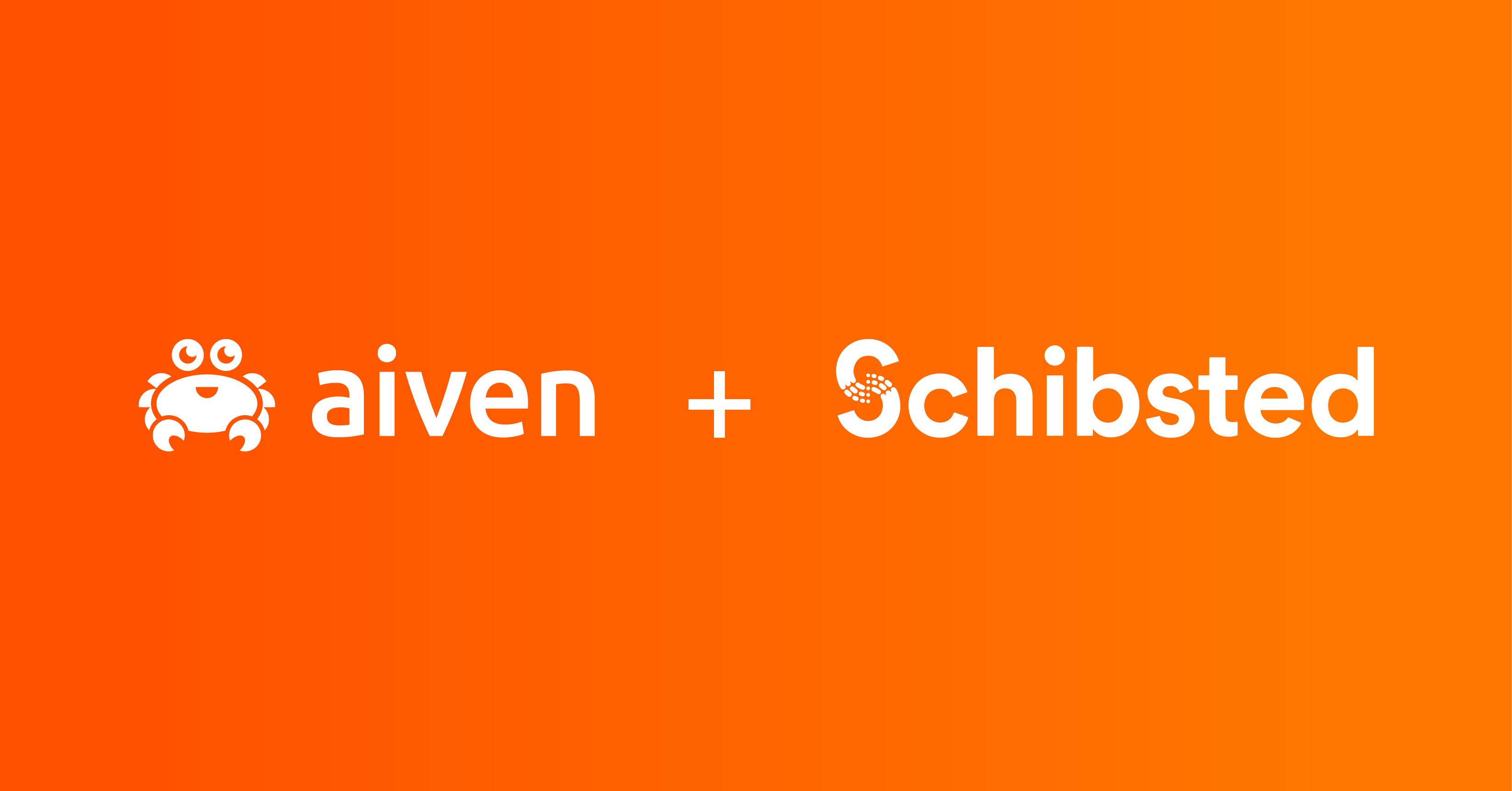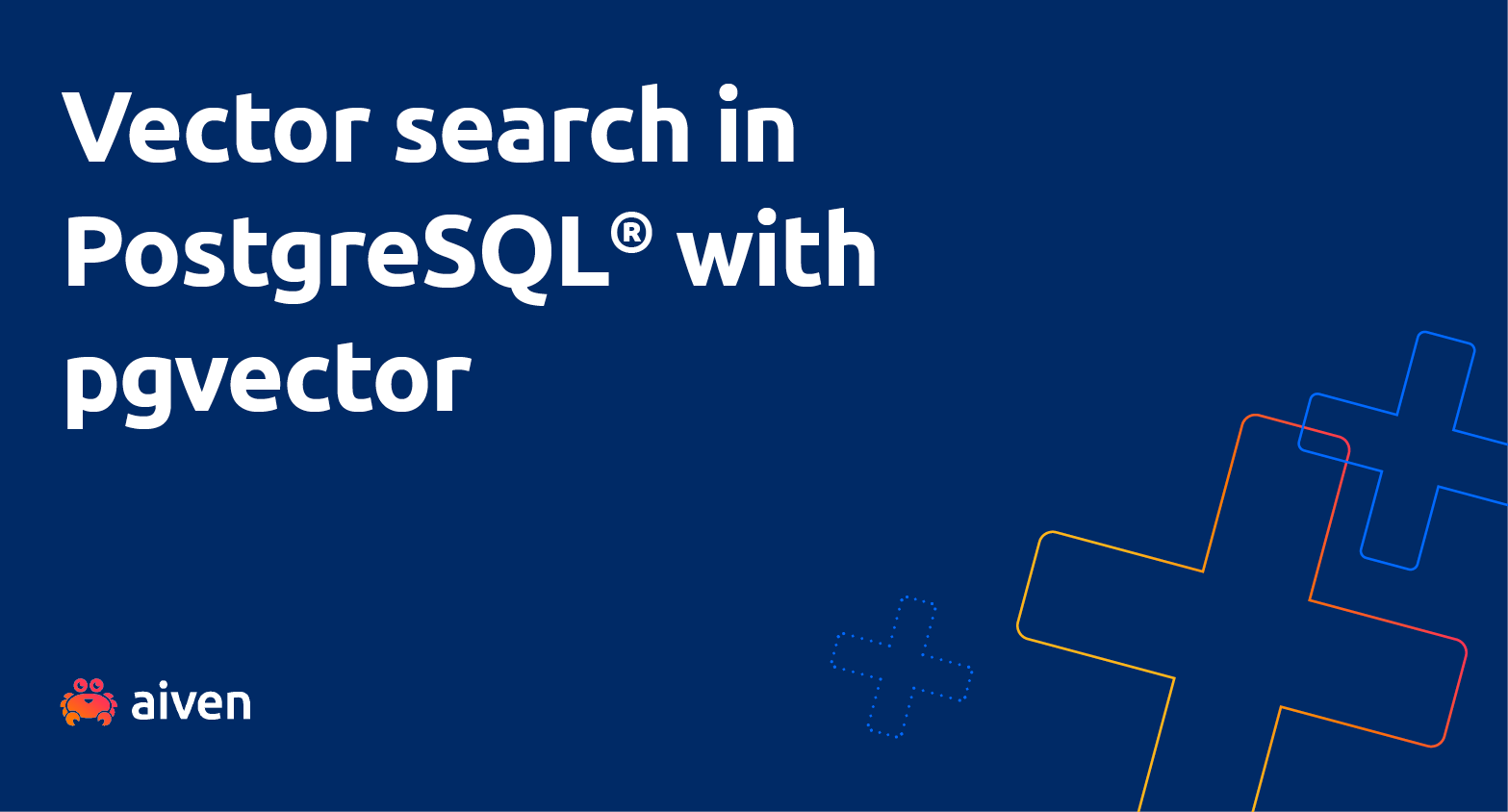Mar 6, 2024
Data for Good: How Open Source Technology is Enabling Doccla to Transform Patient Care
Discover how Doccla uses open source tech to transform healthcare with virtual wards, supported by Aiven, in the UK and Europe.
Florian Engel
|RSS Feed“As an engineer, I believe that the work we do is about helping and supporting people,” says Matthew Huxtable, Staff Platform Engineer at Doccla. Having worked in both educational and financial technology, he has found that HealthTech is where he can do that best. “I fundamentally believe in the power of technology to improve patient outcomes — and Aiven is helping Doccla realize that goal.”
Doccla is a fast-growing healthcare technology startup that provides virtual wards, one of the biggest stories in healthcare technology. And, having provided clinical services, technology support and logistics to NHS England in the UK, Doccla has now expanded into Germany and will soon launch in France.
Data-driven hospitals at home
Virtual wards have been developing over several years. But like many other digital services, their deployment and capability were accelerated by the pandemic. In 2023, more than 100,000 patients were treated in virtual wards in the UK’s national health service (NHS) alone.
The advantage of virtual wards is that non-critical patients get hospital-level care in the comfort and familiarity of their own homes, keeping hospital beds available for the patients whose needs are more severe. They are undeniably data intensive, however. In addition to online consultations, patients are monitored remotely, essential health markers are gathered from sensors, and data is submitted to hospital systems where they are routed to the right clinician.
Having worked in finance, Huxtable is acutely aware of the need to protect super-sensitive data. But he acknowledges that there is something about personal health data that requires particular assurance.
“Virtual wards work when everyone involved has absolute confidence in the data. They need to be sure that clinicians are making treatment decisions from exactly the same data submitted by the patient,” says Huxtable. “We have to capture, transmit and analyze that data, make it available when it is needed, and ensure its integrity is not compromised on that journey. Our vision of patient care depends on it.”
The right data platform for scalability, security and compliance
The virtual ward concept has engaged technology and networking providers of all sizes, including ambitious startups like Doccla, who bring innovation, agility and responsiveness to the process.
However, as Huxtable makes clear, Doccla’s ability to respond to emerging needs and changing requirements is largely dependent on the underlying technology platforms. He’s also clear that, as a startup, Doccla has a highly efficient operation with a relatively small team of software and platform engineers — and has little appetite for spending months onboarding a new vendor.
Doccla faced a ‘crunch moment’ that highlighted both the advantages and challenges of being a startup in HealthTech. “We developed a new product that was far more data intensive than previous offerings. It was innovative, but it had outgrown our existing platform,” says Huxtable. “I felt our existing set-up wasn’t sufficiently scalable, and we would struggle to support the new product. We needed to build a new platform. We needed it fast. And we didn’t have the resources to do it in-house.”
What Huxtable needed was a trusted partner who could run all the open source data components Doccla relies on, provide the necessary support, and meet all regulatory compliance needs of the healthcare sector. He says, “I reached out to Aiven because, having experienced its services before, I knew Aiven would immediately solve this problem for me. In the end, I was able to accelerate the build of our new platform by months thanks to Aiven.”
Integration and configuration made simple
Doccla joined the [Aiven Cluster startup program] (https://aiven.io/cluster), which gave Huxtable access to Aiven expertise and technical support as well as $100,000 of credits to spend on Aiven services. “The credits we got by joining the Aiven Cluster program helped us to get started very quickly,” he says. It meant Doccla could experiment with potential technologies before settling on a final architecture based on Aiven for Apache Kafka®, Aiven for Caching and Aiven for PostgreSQL® — all of which are deployed to multiple regions in Google Cloud.
Using the Aiven Platform ensures all of the technologies seamlessly integrate and are legally compliant, with a single control panel and a single bill based on a transparent, predictable cost structure. Doccla also has to monitor just one SLA: Aiven’s uptime guarantee of 99.99% across all services.
Previously, Doccla had been using managed cloud-native services or running them in-house. That had brought a huge amount of variability to the operation, security and back-up of various features. By moving to the Aiven Platform running on Google Cloud, Doccla’s data hosting and data storage layer is now common across all the regions in which it operates.
Huxtable has also found configuration to be straightforward. He uses familiar tools with TerraForm to provision services which are available to see immediately — even without refreshing — making it easier to onboard new products as they are built as well as provisioning new regions.
“The partnership between Aiven and Google makes things really easy for us. In just a few clicks, we can launch a fully managed and configured cluster Aiven service in the region of our choice. If we need Kafka in Germany, it’s done. Or if we need PostgreSQL in Paris, it’s done.”
“As we build out our platform to reach more patients in more countries, Aiven will remain a fundamental partner,” says Huxtable. “If I need more performance, it's very easy to point and click and make our clusters bigger. We get all that capability without the cognitive overload of managing a hugely disparate data estate across Europe.”
He continues, “As a technologist, I'm always very happy when our software is templated and can easily be rolled out again in a packaged and well-understood format, without having to customize it for different regions or add new capabilities. Working with Aiven enables me to do that and it’s a huge advantage.”
More care for more patients in many more places
“We want to reach as many patients with as many conditions as we can. We need a lot of talent, a lot of technology and a lot of partners to enable us on that journey. Doccla is confident that Aiven will be there for us tomorrow as we scale and as more patient data comes through our platform,” says Huxtable.
The immediate result of working with Aiven is that Doccla was able to accelerate the build of its new platform and, rather than worrying about data infrastructure, Huxtable now has an extended team he can turn to as the platform scales. That means he can focus on much bigger goals: supporting more patients in the regions it operates in; launching new capabilities and new products so Doccla can reach different patients and provide more care; and operating in more countries — ultimately enabling Doccla to grow and provide even more care across Europe.
To get the latest news about Aiven and our services, plus a bit of extra around all things open source, subscribe to our monthly newsletter! Daily news about Aiven is available on our LinkedIn and Twitter feeds.
If you just want to find out about our service updates, follow our changelog.
Stay updated with Aiven
Subscribe for the latest news and insights on open source, Aiven offerings, and more.




